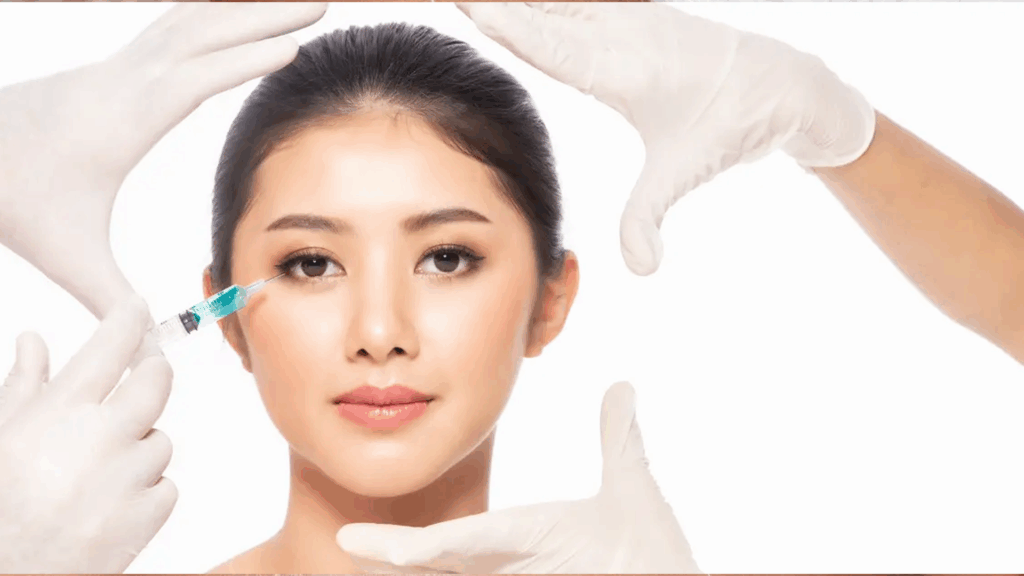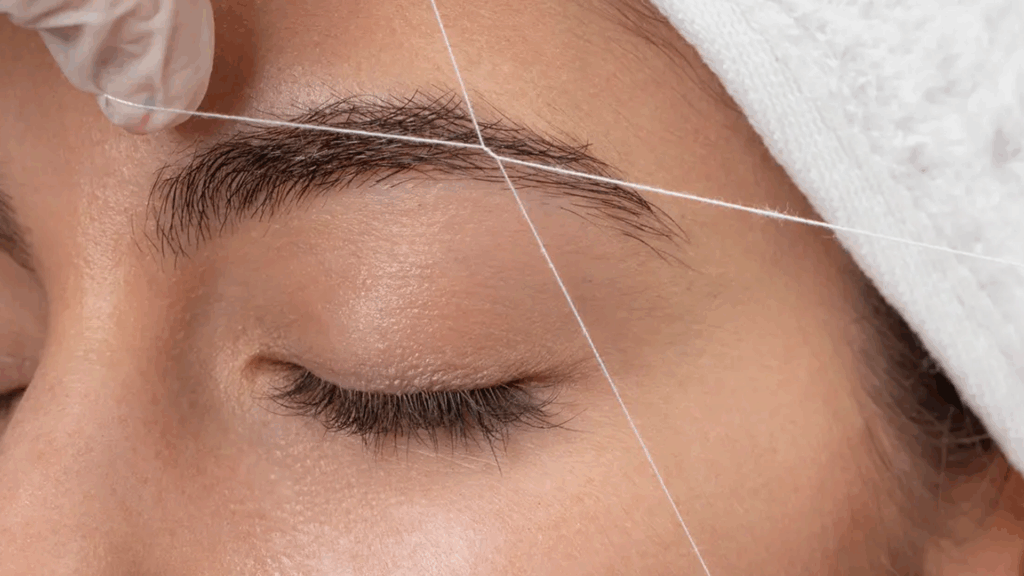Acne is an inflammation of the skin caused by the clogging of pores with oil and dead skin cells, resulting in small inflamed bumps that may appear red, swollen, or filled with pus. It commonly occurs on the face, neck, chest, shoulders, or back. Acne is most frequently seen during adolescence due to hormonal changes. In general, acne tends to improve or disappear as a person gets older.
For those who have large pimples, inflamed acne, red swollen bumps, cystic acne, or deep nodules without a visible head that persist for weeks without signs of improvement, acne injections may be necessary to reduce the inflammation. The medication used by doctors for these injections is a steroid, which has anti-inflammatory properties. It helps the acne shrink quickly, prevents bacterial growth, and reduces both the size of the pimple and the associated pain.

Advantages of acne injections
- Rapid improvement: Acne shrinks quickly, providing immediate results.
- Faster recovery of the skin: Your face returns to its normal condition more quickly.
- Less pain: You don’t have to endure prolonged pain from acne. The discomfort is minimal, mainly during the injection and when pressing on the pimple.
- Prevents scarring: The treatment helps prevent acne scars, such as pitted skin or acne marks.
Disadvantages of acne injections
- Acne may return even after steroid injections because the treatment does not kill the bacteria causing the acne. Therefore, it is possible for new pimples to appear in nearby areas.
- Frequent use of steroid injections can make the skin more prone to acne. The bacteria can become resistant to the medication, making future breakouts more likely. Additionally, improper use or excessive doses can lead to scarring, including pitted scars on the face.
Prevention of acne
You can manage acne by washing the affected area no more than twice a day, avoiding touching or picking at inflamed acne spots, removing makeup before bed to reduce pore clogging, not using oil-based cosmetics, using skincare products or medications that help reduce excess oil on the skin, eating fiber-rich foods like fruits high in vitamin C, reducing starch and sugar intake, drinking 8 glasses of water daily, and getting adequate rest by avoiding staying up late. This should be enough to help maintain healthier skin.






